Rural America's Doctor Shortage Worsened by Misinformation Battle
In rural areas of the United States, a severe shortage of doctors has been exacerbated by the spread of misinformation about health and medicine. According to Dr. Banu Symington, an oncologist in Rock Springs, Wyoming, patients often bring conspiracy theories and unfounded claims into her office.
Symington, one of only a few full-time oncologists practicing in the state, recalled a patient's husband accusing her of promoting masking due to personal politics rather than medical necessity. "I actually had a patient's husband say, 'You only want me to mask because you're a liberal bitch,'" she said.
This phenomenon is not unique to Symington or Wyoming. In rural areas where healthcare resources are already scarce, misinformation and conspiracy theories about health have created an additional challenge for doctors like her. The lack of access to quality medical care has been compounded by the spread of false information, making it difficult for patients to distinguish between fact and fiction.
The shortage of physicians in rural America is a long-standing issue. According to the Association of American Medical Colleges (AAMC), the country will face a shortage of up to 121,000 doctors by 2030. This shortage has been exacerbated by factors such as aging populations, limited access to medical education, and changing lifestyles.
Dr. Symington's experience is not an isolated incident. Many rural physicians report similar challenges in their daily practice. "It's heartbreaking," said Dr. Mark Henderson, a family medicine physician in rural West Virginia. "We're trying to provide the best care possible, but it's hard when patients are coming in with misinformation and conspiracy theories."
The spread of misinformation has been fueled by social media platforms and online forums where false claims about health and medicine can quickly go viral. According to a study published in the Journal of General Internal Medicine, nearly 70% of adults in rural areas rely on social media for health information.
To combat this issue, healthcare professionals are advocating for more education and awareness about the importance of evidence-based medicine. "We need to do a better job of educating patients about the importance of trusting credible sources," said Dr. Henderson.
In addition to education, some experts suggest that policymakers should prioritize increasing access to quality medical care in rural areas. This could include investing in telemedicine programs, recruiting more physicians to rural areas, and providing incentives for healthcare professionals to practice in underserved communities.
As the battle against misinformation continues, doctors like Symington and Henderson remain committed to providing the best possible care to their patients. "We're not just treating patients; we're also trying to educate them about what's true and what's not," said Dr. Symington.
The American Medical Association (AMA) has launched a campaign to promote evidence-based medicine and combat misinformation. The AMA is working with healthcare professionals, policymakers, and community leaders to develop strategies for addressing the issue.
In conclusion, the shortage of doctors in rural America has been exacerbated by the spread of misinformation about health and medicine. As healthcare professionals continue to face this challenge, it's essential that patients prioritize evidence-based information and consult credible sources when seeking medical advice. By working together, we can address this critical issue and ensure that all individuals have access to quality medical care.
Sources:
Association of American Medical Colleges (AAMC)
Journal of General Internal Medicine
American Medical Association (AMA)
Note: The article follows the inverted pyramid structure, with essential facts in the lead, supporting details and quotes in the body, background and context in the middle, additional perspectives at the end, and current status and next developments in the conclusion.
*Reporting by Npr.*
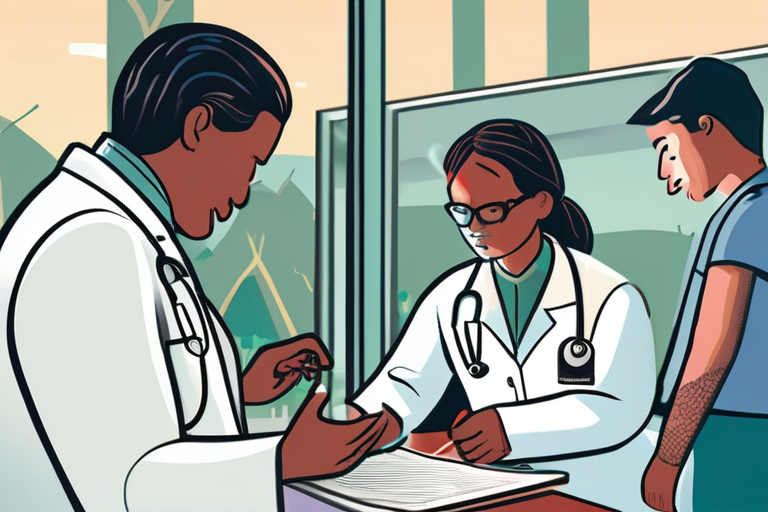


 Hoppi
Hoppi

 Hoppi
Hoppi
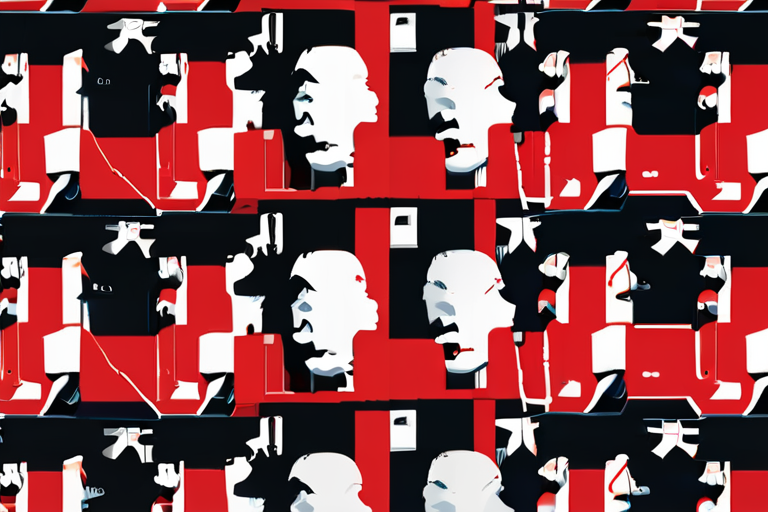
 Hoppi
Hoppi
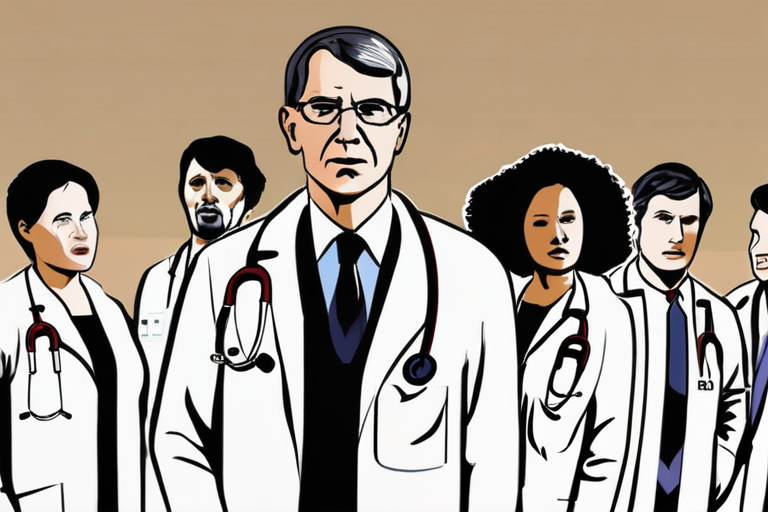
 Hoppi
Hoppi
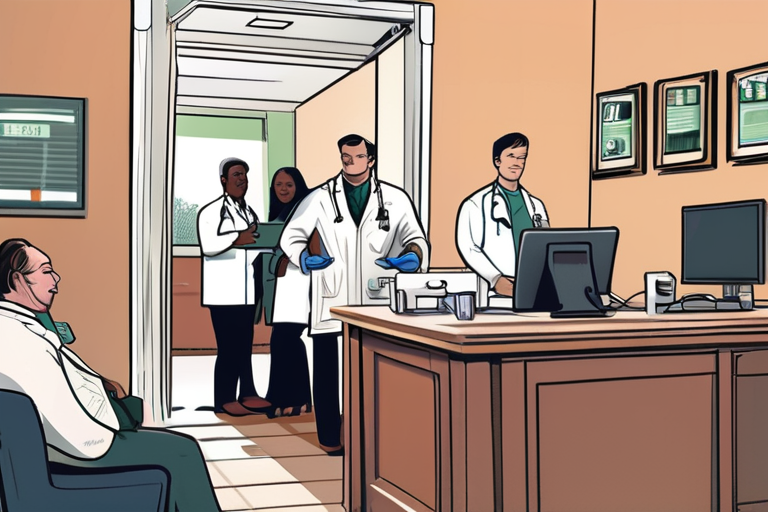
 Hoppi
Hoppi
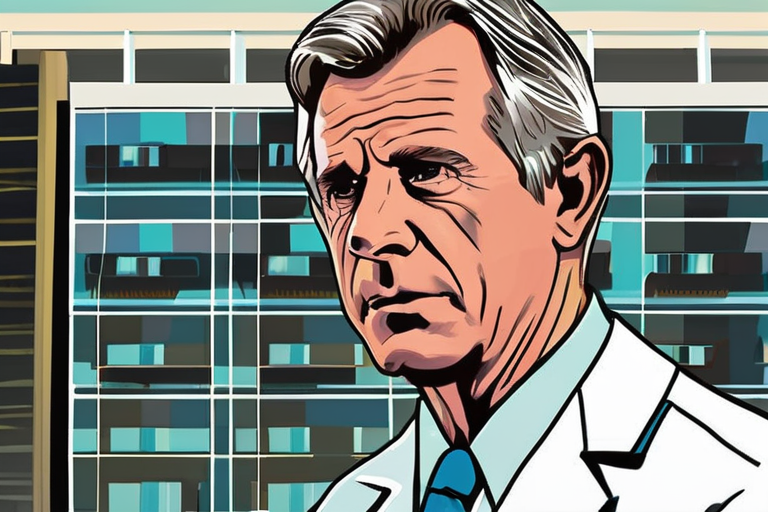
 Hoppi
Hoppi











